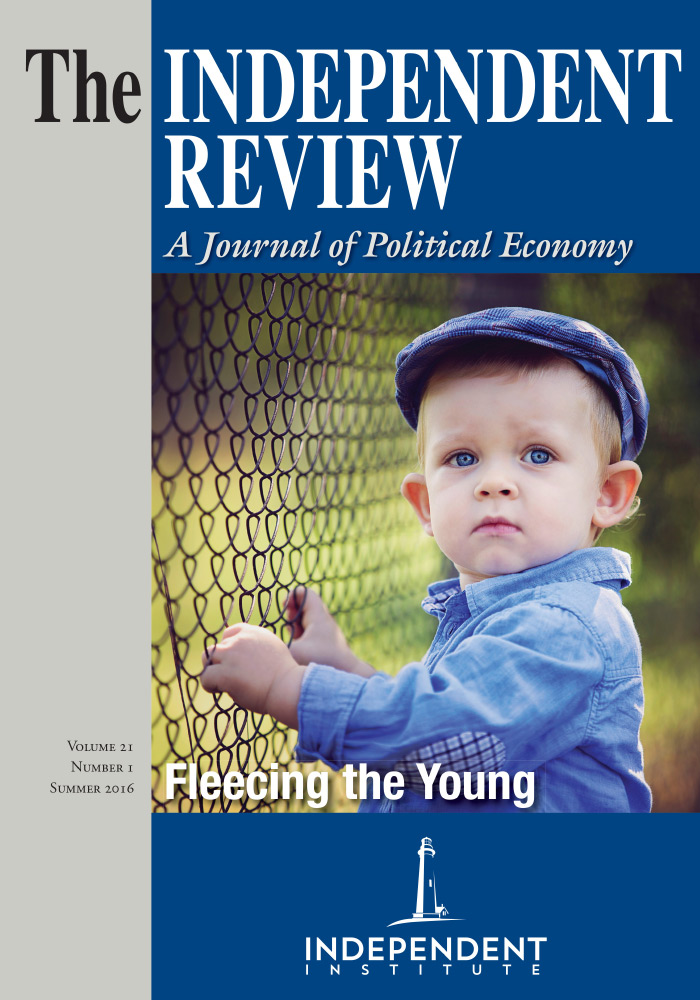U.S. policies of drug eradication in Afghanistan have not only failed to end the opium trade, but they’ve also undermined the goals of the war on terror. By creating numerous perverse unintended consequences, the U.S. interdiction efforts have strengthened the Taliban insurgency and undercut the broader goals of the occupation.
Christopher J. Coyne is a Senior Fellow at the Independent Institute, Professor of Economics at George Mason University, and Co-Editor of The Independent Review. He is the author of the new book, In Search of Monsters to Destroy: The Folly of American Empire and the Paths to Peace.
Abigail R. Hall is a Senior Fellow at the Independent Institute, and an Associate Professor of Economics at the University of Tampa.
| Other Independent Review articles by Christopher J. Coyne | ||
| Spring 2024 | Murray Rothbard on War and Foreign Policy | |
| Fall 2023 | Kenneth Boulding: Knowledge, Conflict, and Power | |
| Summer 2023 | A Symposium on Gene Sharp’s The Politics of Nonviolent Action | |
| [View All (46)] | ||
| Other Independent Review articles by Abigail R. Hall | ||
| Spring 2023 | How to Run Wars: A Confidential Playbook for the National Security Elite | |
| Fall 2021 | Militarized Extremism: The Radical Right and the War on Terror | |
| Summer 2021 | Walter E. Williams: Scholar, Teacher, and Public Intellectual | |
| [View All (9)] | ||
| Other Independent Review articles by Scott Andrew Burns | |
| Spring 2022 | The Magic Money Tree and Other Economic Tales |
| Spring 2016 | How Would You Like to Pay?: How Technology is Changing the Future of Money |











